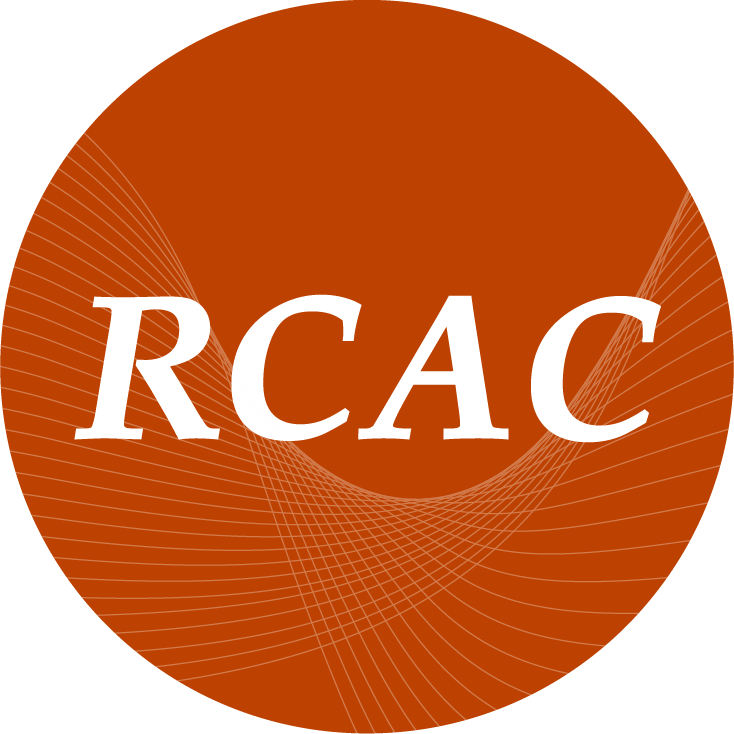BPG is committed to discovery and dissemination of knowledge
- About the Journal
- All Issues
- Article Processing Charge
- Conflict-of-Interest Statement
- Contact Us
- Copyright License Agreement
- Current Issue
- E-Bound Journals
- Editorial Board Members
- E-Journals
- Guidelines For Authors
- High Impact Articles
- Informed Consent Statement
- Meetings
- Open-Access
- Peer-Review Process
- Permissions
- Publication Ethics
- Publication Misconduct
- Statement of Human and Animal Rights
- Steps for Submitting Manuscripts
- Submit a Manuscript
- Subscribe
INDEXING/ABSTRACTING
MEMBERSHIP
- Artificial Intelligence in Cancer
- Artificial Intelligence in Gastroenterology
- Artificial Intelligence in Gastrointestinal Endoscopy
- Artificial Intelligence in Medical Imaging
- World Journal of Anesthesiology
- World Journal of Biological Chemistry
- World Journal of Cardiology
- World Journal of Clinical Cases
- World Journal of Clinical Infectious Diseases
- World Journal of Clinical Oncology
- World Journal of Clinical Pediatrics
- World Journal of Clinical Urology
- World Journal of Critical Care Medicine
- World Journal of Dermatology
- World Journal of Diabetes
- World Journal of Experimental Medicine
- World Journal of Gastroenterology
- World Journal of Gastrointestinal Endoscopy
- World Journal of Gastrointestinal Oncology
- World Journal of Gastrointestinal Pathophysiology
- World Journal of Gastrointestinal Pharmacology and Therapeutics
- World Journal of Gastrointestinal Surgery
- World Journal of Hematology
- World Journal of Hepatology
- World Journal of Hypertension
- World Journal of Immunology
- World Journal of Medical Genetics
- World Journal of Meta-Analysis
- World Journal of Methodology
- World Journal of Nephrology
- World Journal of Neurology
- World Journal of Obstetrics and Gynecology
- World Journal of Ophthalmology
- World Journal of Orthopedics
- World Journal of Otorhinolaryngology
- World Journal of Pharmacology
- World Journal of Psychiatry
- World Journal of Radiology
- World Journal of Respirology
- World Journal of Rheumatology
- World Journal of Stem Cells
- World Journal of Stomatology
- World Journal of Surgical Procedures
- World Journal of Translational Medicine
- World Journal of Transplantation
- World Journal of Virology
- 世界华人消化杂志
Editorial Board
Recently, we focused on the project that intestinal bacterial products are involved in the occurrence and development of digestive system tumors. We found for the first time that when gut-derived bacterial products reach the liver through the portal vein, they can activate the bacterial recognition receptor NOD2. NOD2 receptor then enter the nucleus, causing nuclear autophagy and genomic instability which promotes the malignant transformation of normal hepatocytes into tumor cells. We predict NOD2 as a new therapeutic target for liver cancer. We further discovered that intestinal bacterial products also participate in the occurrence and development of gastrointestinal stromal tumors by affecting NLRP3 inflammatory bodies and changing the tertiary lymphoid structure of tumors. What's more, gut-derived bacterial products also regulate the variable splicing process of mRNA and participate in the occurrence and development of pancreatic cancer by affecting the level of long-chain non-coding RNA. We also pay much attention to clinical transformation of scientific research results. For example, we are studying on a drug used for treating liver cirrhosis for its new application on tumors.













